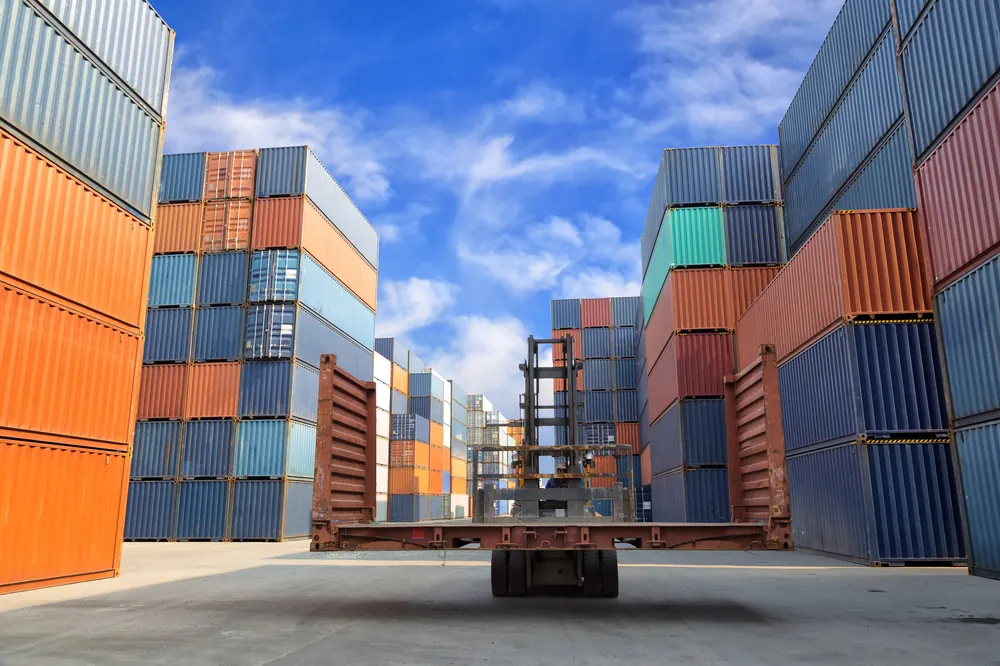Introduction to Container Management
Container management is the foundation of modern logistics, supporting the global movement of goods with both precision and efficiency. In an era of increasing trade volumes and complex supply chains, mastering container management is critical for logistics professionals who aim to optimise their operations. It encompasses a range of strategies and technologies designed to ensure containers are tracked, stored, and transported seamlessly. For experts in the field, understanding the nuances of container management is key to driving efficiency, mitigating risks, and maintaining a competitive edge in a fast-paced industry.
The Basics of Container Management
Container management involves a strategic approach to the lifecycle of shipping containers. It includes overseeing container availability, tracking their movements, maintaining their condition, and co-ordinating their deployment. At its core, container management minimises the inefficiencies and ensures the smooth flow of goods across supply chains. This discipline goes beyond operational necessity, it is a critical component of a robust logistics strategy. Mismanagement at any stage can lead to delays, increased costs, and reduced reliability, which as you know is unacceptable in this highly competitive container services sector.
The Role of Containers in Modern Supply Chains
Shipping containers have transformed global trade by standardising the transport of goods. Their uniform design facilitates interoperability across various modes of transportation such as; sea, rail, and road. In today’s supply chains, containers are more than just vessels; they are strategic assets. Their role extends from optimising cargo capacity to safeguarding goods during transit. Effective use of containers not only enhances operational efficiency but also aligns with broader supply chain objectives, such as cost reduction and sustainability.
Key Components of Container Management
To achieve excellence in container management, you must focus on several critical components:
Container Tracking:
Advanced tracking technologies, including IoT sensors and GPS systems, provide real-time visibility into container location and status. This data enables proactive decision-making and minimises disruptions.
Inventory Management:
Ensuring the right containers are available at the right time is fundamental. This requires inventory systems capable of forecasting demand and optimising asset utilisation.
Storage Solutions:
Efficient storage solutions, both at ports and inland depots, reduce handling times and ensure container accessibility
Scheduling & Co-ordination:
Meticulous scheduling aligns container movements with broader logistics operations, reducing dwell times and avoiding bottlenecks.
How Does Container Management Work?
From port entry to final delivery, the container management process involves a seamless integration of technology, infrastructure, and expertise. Containers are tracked as they move through ports, warehouses, and transit networks.
Scheduling software and predictive analytics are employed to streamline container allocation and routing, while automated systems handle loading, unloading, and inventory updates. The ability to optimise these processes hinges on adopting the latest cutting-edge technologies and maintaining a strong collaboration across the supply chains. A well-orchestrated container management system ensures minimal disruptions and supports faster turnaround times, which is critical in a competitive landscape like this one.
Benefits of Effective Container Management
By optimising container utilisation, companies can reduce transportation costs, minimise empty hauls, and improve asset efficiency. Something like advanced tracking and monitoring systems enhance visibility, allow for proactive issue resolution and reduced delays. These benefits extend beyond cost savings to include improved client satisfaction, enhanced supply chain reliability, and stronger compliance with industry standards.
Furthermore, effective management contributes to sustainability goals as it helps to reduce unnecessary movements and energy consumption which is an increasingly important consideration in today’s logistics landscape.
How James Kemball Optimises Container Management
At James Kemball we are recognised as a leader in container management, as we offer tailored solutions for complex logistics challenges. With a fleet of over 500 vehicles and access to strategically located depots, we deliver comprehensive container services designed to meet the demands of industry experts.
Our use of real-time tracking technology ensures complete transparency, while our skilled team manages container handling with precision. We also integrate advanced scheduling systems and inventory management tools to optimise container availability and movement. By combining industry expertise with state-of-the-art technology, James Kemball ensures efficient and reliable container management, empowering our clients to achieve their logistics goals.
Conclusion - The Importance of Optimising Container Management
Optimising container management is more than a necessity, it’s a strategic imperative. With global trade facing increasing complexities, effective container management enables businesses to navigate challenges, enhance efficiency, and maintain competitive advantage. Prioritising investments in advanced technologies, skilled personnel, and strategic infrastructure ensures that container service providers can deliver exceptional value to their clients. In an industry driven by precision and reliability, mastering the art of container management sets the foundation for long-term success and growth.

